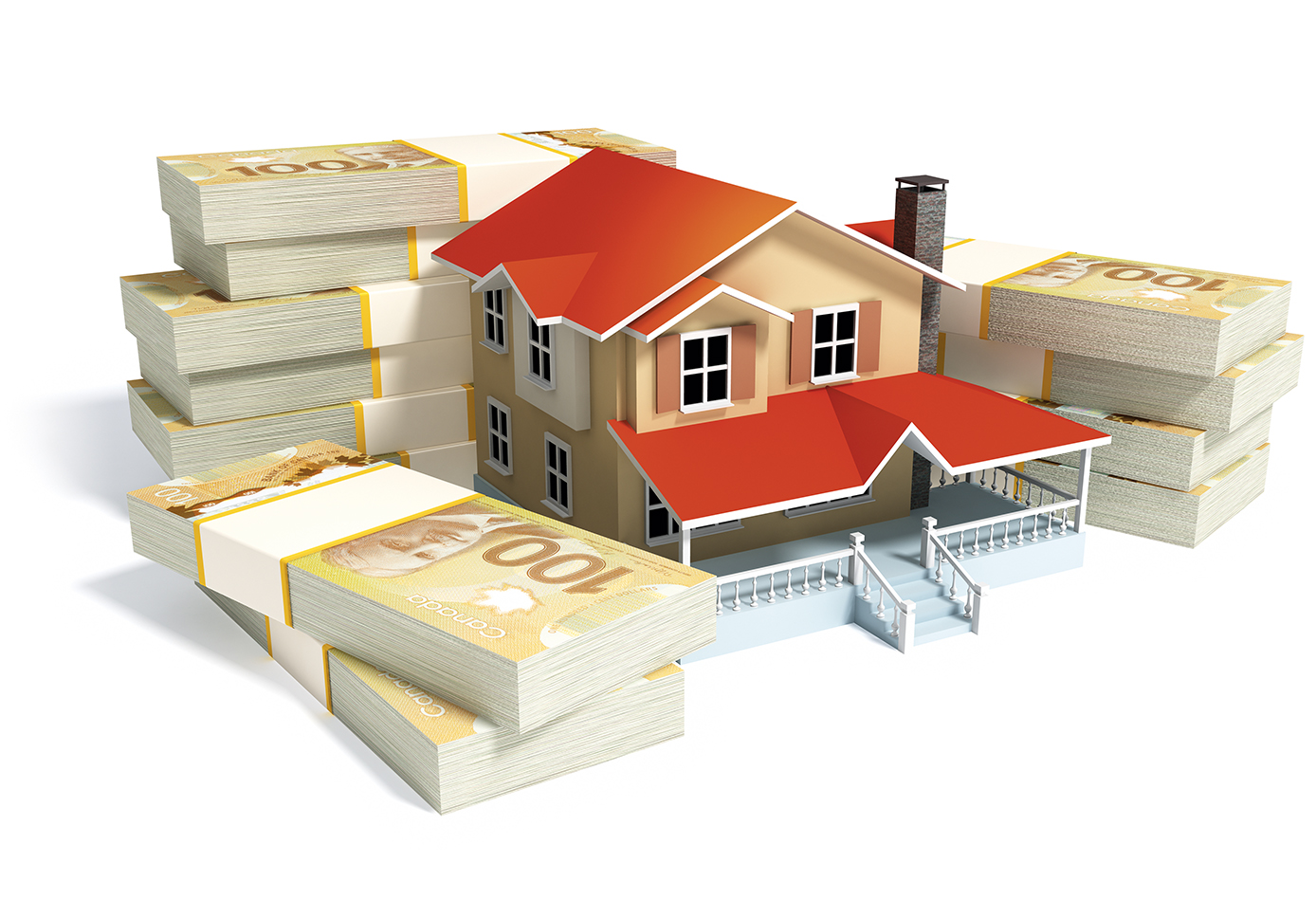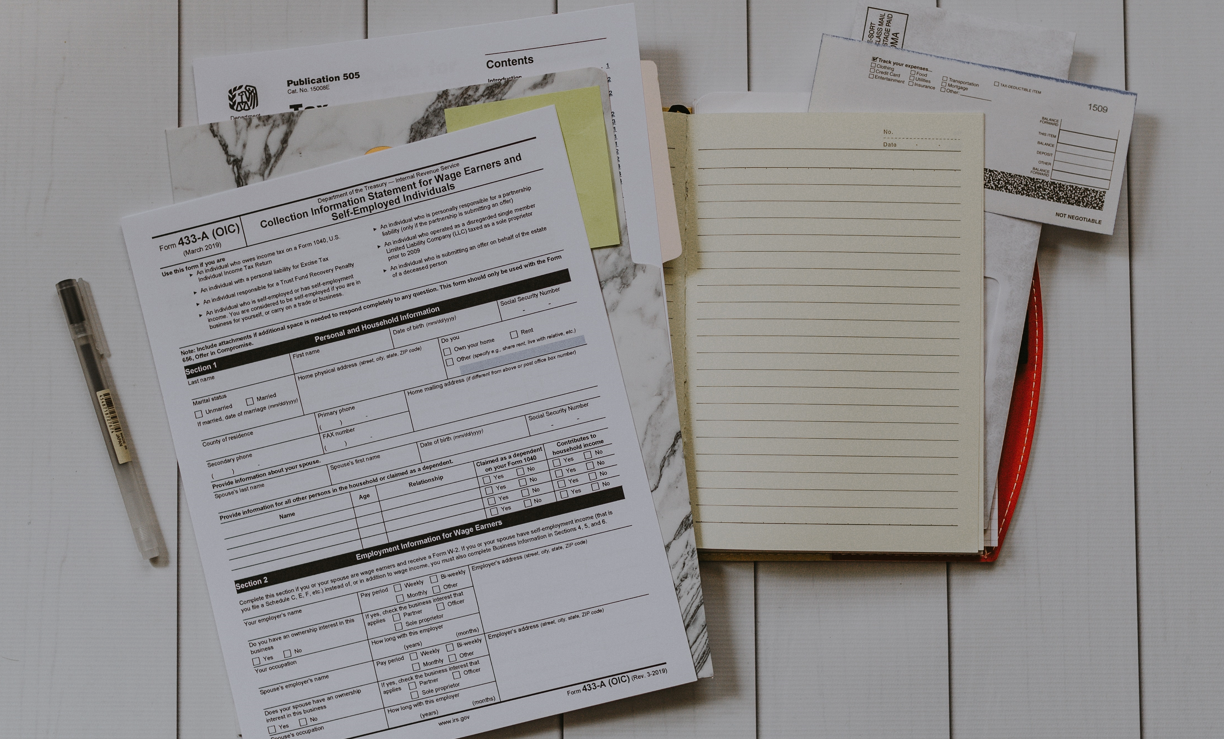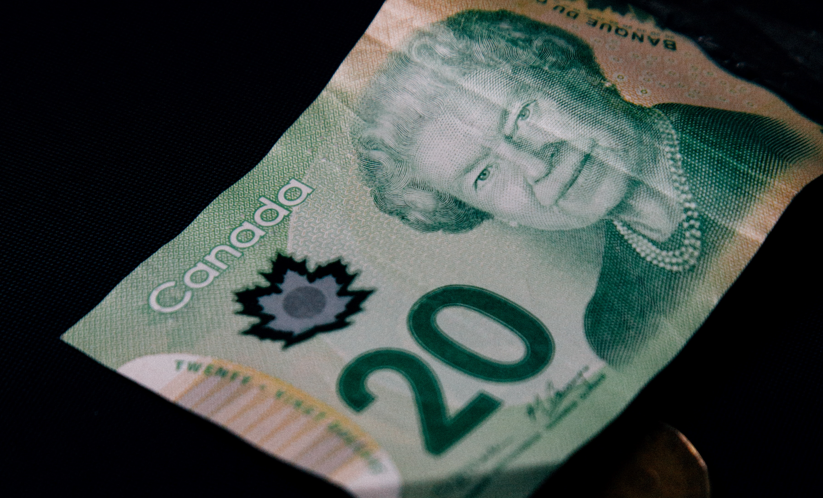Charging capital gains tax on the sale of a home would mean a lot of people losing a lot of their retirement savings
By Caitlin Finlay
The principal residence exemption means you don’t have to pay tax on the sale of your home if it’s been the place you reside; for many Canadians, therefore, the equity in their home constitutes a part—perhaps a large part—of their retirement nest egg.
However, soaring house prices combined with the government deficits resulting from the COVID-19 pandemic have some experts talking about the possibility of the government doing away with the exemption to slow the housing market and restock government coffers. If the principal residence exemption is changed or abolished, the move would mean retirees losing hundreds of thousands of dollars to capital gains tax.
Canada is one of the few countries that doesn’t tax the proceeds of the sale of one’s primary residence. Reducing or cancelling this exemption would mean that the difference between a home’s value when it was bought and when it is sold is a capital gain and subject to tax.
Note that no government has raised the possibility of reducing or removing this exemption, but the subject is being discussed among financial experts as the housing market booms, and one Financial Post columnist urged in print on May 11 that the exemption be eliminated. The move would clearly be unpopular, to say the least: 65% of Canadian voters are homeowners.
While it’s unlikely you’ll need to pay tax on primary residence capital gains anytime soon, it may be wise to look into additional retirement savings sources to make sure you’re not relying too heavily on the proceeds of a home sale to fund your retirement.
Photo: iStock/cogal.






